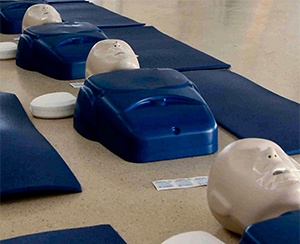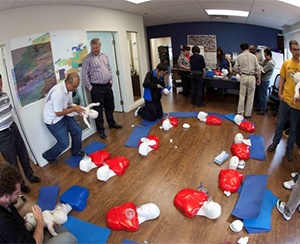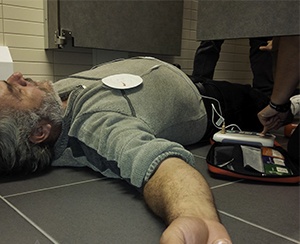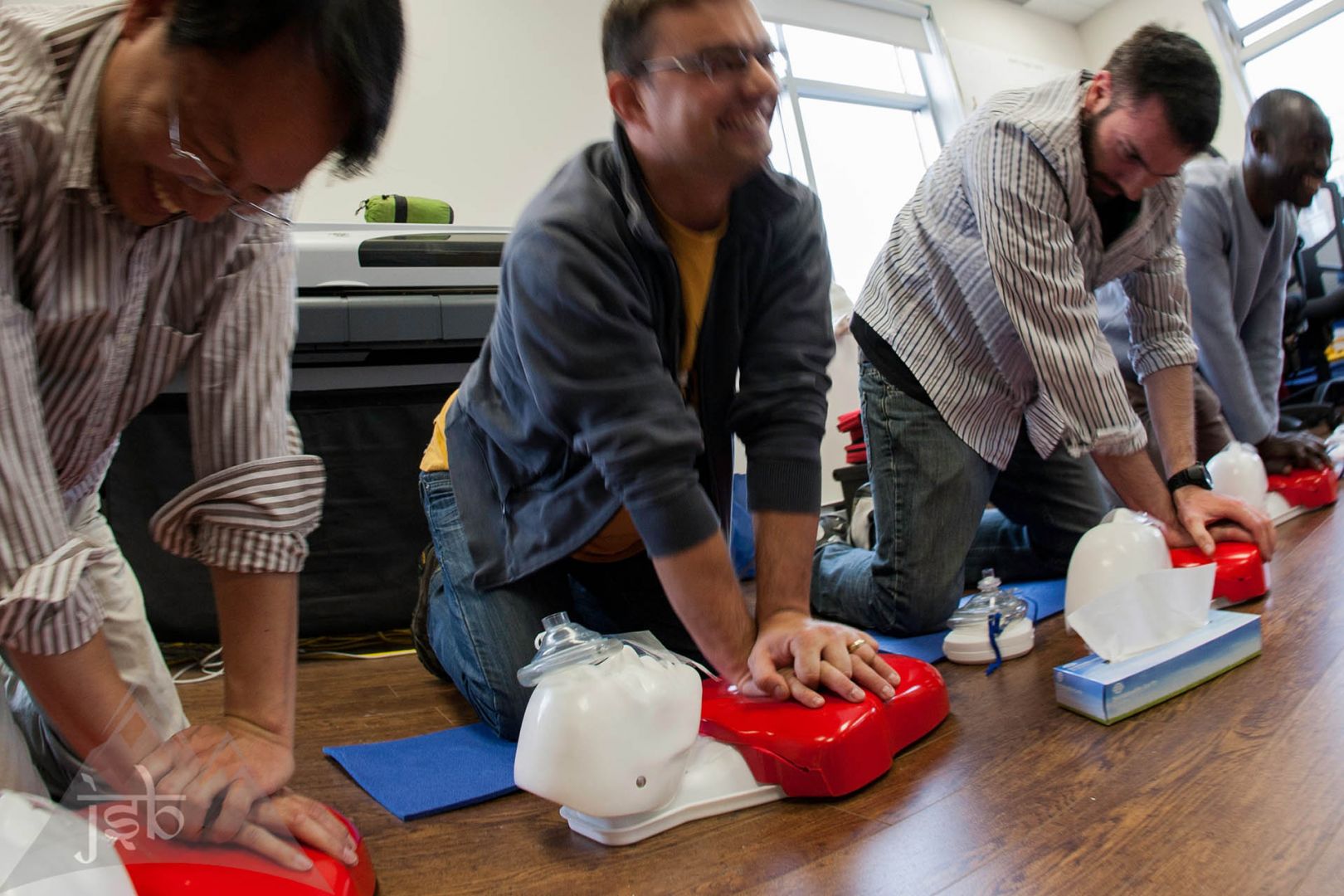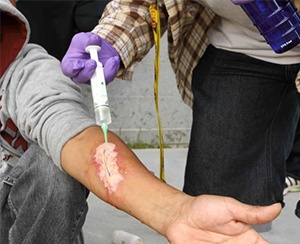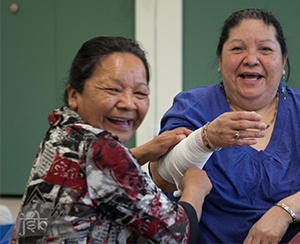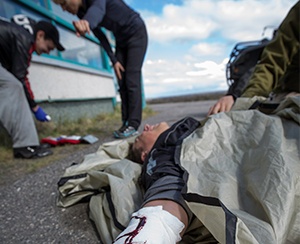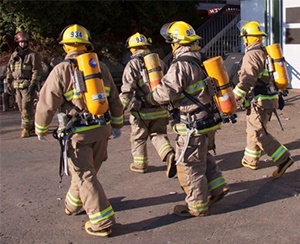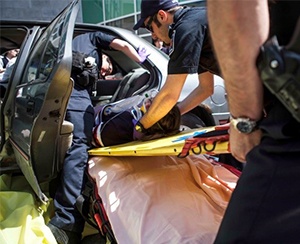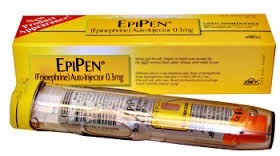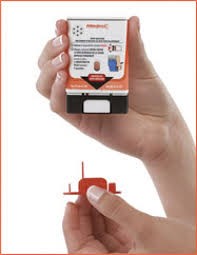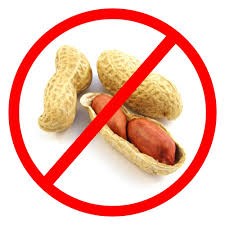Training
Cardio-Pulmonary Resuscitation (CPR Level A+)
For non-professionals
- Signs and symptoms of angina, cardiac arrest, cerebrovascular accident and transient ischemic attack
- Medicines used by individuals with a heart condition (Nitroglycerin, Aspirin)
- Response protocol
- CAB
- Face shield or pocket mask
- Unconscious victim, lateral position
- Demonstration and practice of the Cardio-Pulmonary Resuscitation (CPR) technique (one or two rescuers) on:
- Adults (8 years-old and older)
- Children (1 to 8 years-old)
- Infants (0 to 1 year-old)
-
-
- AED operation
- Installation of the AED and safe shock deliveryAutomated External Defibrillator (AED):
- Particular situations
-
- Demonstration and practice of the airway clearance techniques (ACT) on a conscious or unconscious individual (in case of suffocation)
Hands-on training course:
Trainees will take part in various simulation exercises in order to practice CPR techniques.


